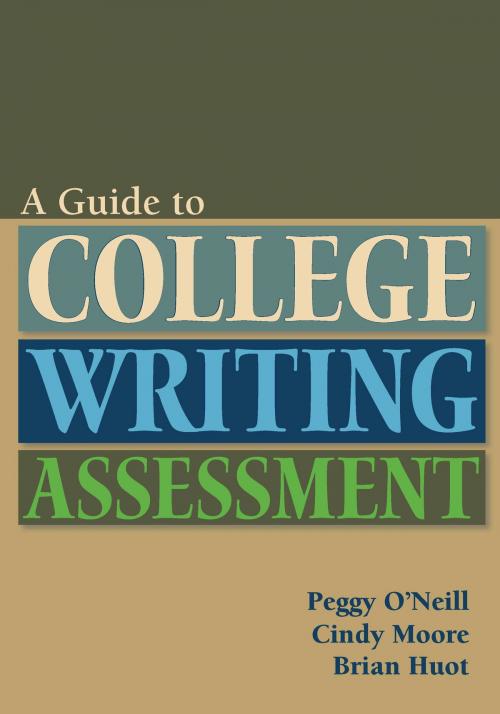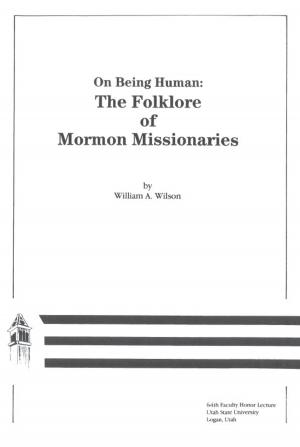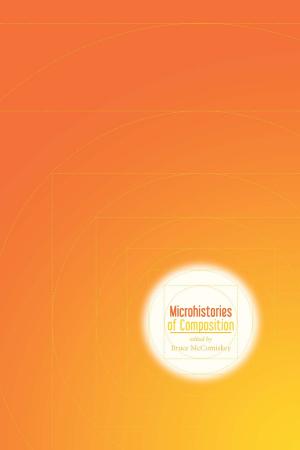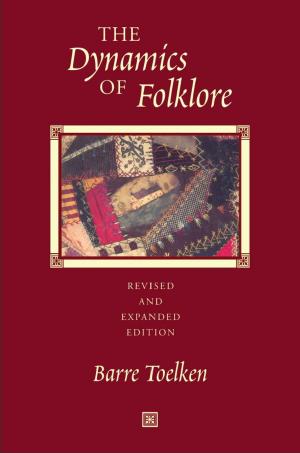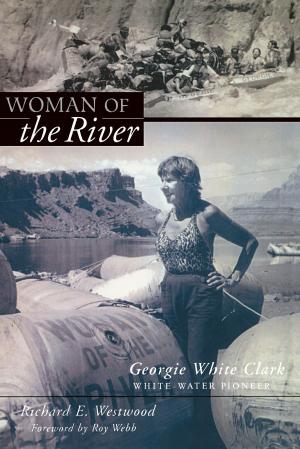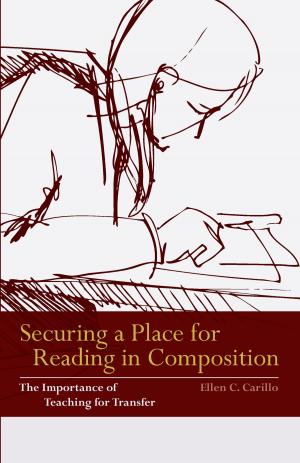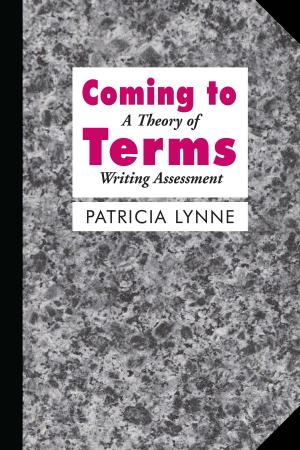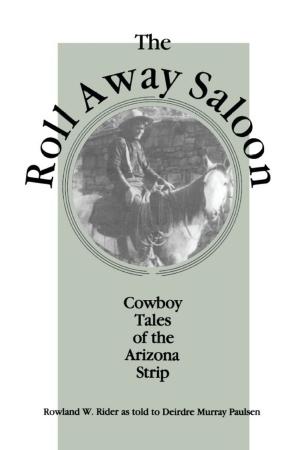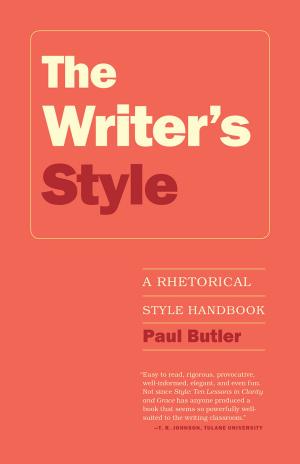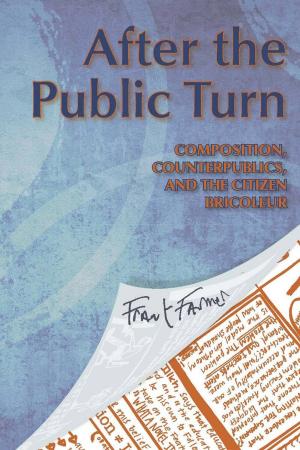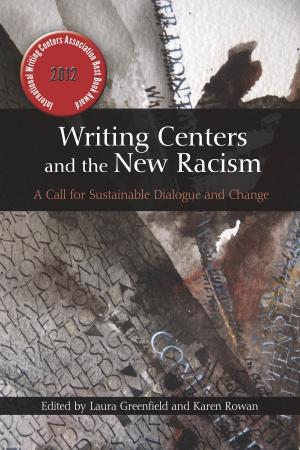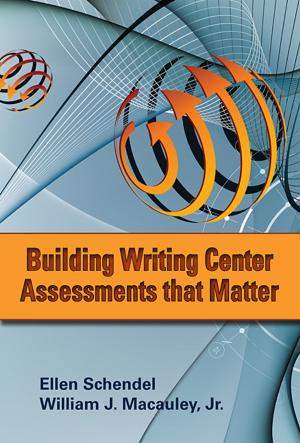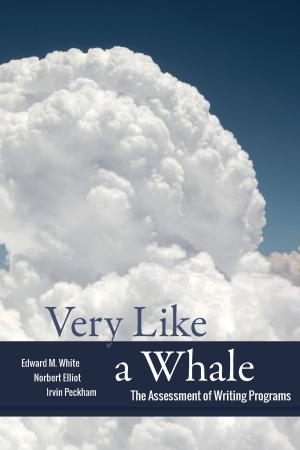Guide to College Writing Assessment
Nonfiction, Reference & Language, Education & Teaching, Educational Theory, Testing & Measurement, Language Arts, Writing & Publishing, Composition & Creative Writing| Author: | Peggy O'Neill, Cindy Moore, Brian Huot | ISBN: | 9780874217339 |
| Publisher: | Utah State University Press | Publication: | April 15, 2009 |
| Imprint: | Utah State University Press | Language: | English |
| Author: | Peggy O'Neill, Cindy Moore, Brian Huot |
| ISBN: | 9780874217339 |
| Publisher: | Utah State University Press |
| Publication: | April 15, 2009 |
| Imprint: | Utah State University Press |
| Language: | English |
While most English professionals feel comfortable with language and literacy theories, assessment theories seem more alien. English professionals often don’t have a clear understanding of the key concepts in educational measurement, such as validity and reliability, nor do they understand the statistical formulas associated with psychometrics. But understanding assessment theory—and applying it—by those who are not psychometricians is critical in developing useful, ethical assessments in college writing programs, and in interpreting and using assessment results.
A Guide to College Writing Assessment is designed as an introduction and source book for WPAs, department chairs, teachers, and administrators. Always cognizant of the critical components of particular teaching contexts, O’Neill, Moore, and Huot have written sophisticated but accessible chapters on the history, theory, application and background of writing assessment, and they offer a dozen appendices of practical samples and models for a range of common assessment needs.
Because there are numerous resources available to assist faculty in assessing the writing of individual students in particular classrooms, A Guide to College Writing Assessment focuses on approaches to the kinds of assessment that typically happen outside of individual classrooms: placement evaluation, exit examination, programmatic assessment, and faculty evaluation. Most of all, the argument of this book is that creating the conditions for meaningful college writing assessment hinges not only on understanding the history and theories informing assessment practice, but also on composition programs availing themselves of the full range of available assessment practices.
While most English professionals feel comfortable with language and literacy theories, assessment theories seem more alien. English professionals often don’t have a clear understanding of the key concepts in educational measurement, such as validity and reliability, nor do they understand the statistical formulas associated with psychometrics. But understanding assessment theory—and applying it—by those who are not psychometricians is critical in developing useful, ethical assessments in college writing programs, and in interpreting and using assessment results.
A Guide to College Writing Assessment is designed as an introduction and source book for WPAs, department chairs, teachers, and administrators. Always cognizant of the critical components of particular teaching contexts, O’Neill, Moore, and Huot have written sophisticated but accessible chapters on the history, theory, application and background of writing assessment, and they offer a dozen appendices of practical samples and models for a range of common assessment needs.
Because there are numerous resources available to assist faculty in assessing the writing of individual students in particular classrooms, A Guide to College Writing Assessment focuses on approaches to the kinds of assessment that typically happen outside of individual classrooms: placement evaluation, exit examination, programmatic assessment, and faculty evaluation. Most of all, the argument of this book is that creating the conditions for meaningful college writing assessment hinges not only on understanding the history and theories informing assessment practice, but also on composition programs availing themselves of the full range of available assessment practices.
